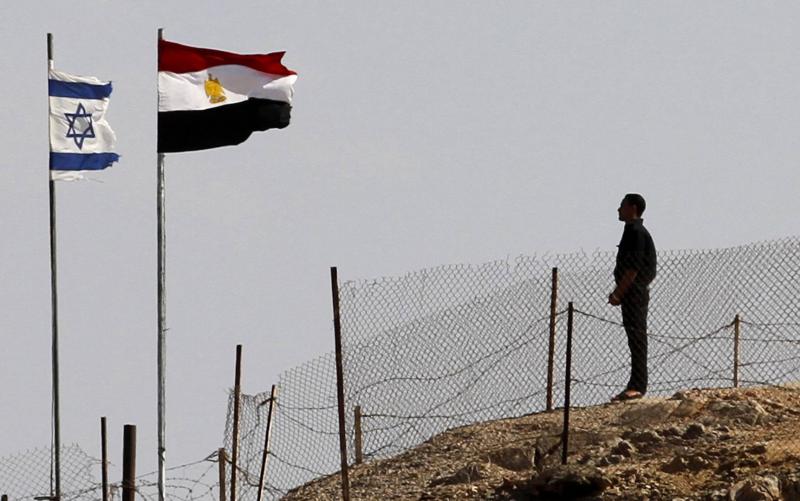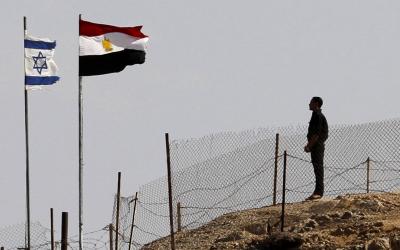Three Egyptian security sources reported that Egypt has rejected an Israeli proposal to enhance Israeli oversight of the buffer zone along the border between Egypt and the Gaza Strip. Cairo is prioritizing mediation efforts for a ceasefire before addressing post-war arrangements.
The Egyptian sources stated that during these talks, Israel contacted Egypt to secure the narrow Philadelphia Corridor along the border as part of Israeli plans to prevent future attacks. An Israeli official, speaking on condition of anonymity, indicated that joint monitoring of the Philadelphia Corridor with Egypt was among the issues discussed by the two nations.
When asked if Egypt had rejected the proposal, the Israeli official replied, "I have no knowledge of that." The Cairo News Channel reported on Monday, citing an unnamed source, that recent reports about planned cooperation between Egypt and Israel regarding the corridor are not accurate.
The head of the General Authority for Information in Egypt did not respond to a request for comment. The Egyptian sources noted that Israeli officials did not discuss control of the corridor during the current ceasefire talks but instead requested participation in monitoring the area, including by sharing the use of new surveillance technology that Israel plans to purchase.
The sources stated that Egyptian negotiators rejected the idea, but Egypt has reinforced barriers on its side of the border. They added that Egypt prioritizes reaching a new ceasefire agreement as a necessary basis for discussions on post-war Gaza, which includes securing the corridor.
Egyptian Foreign Minister Sameh Shoukry stated on Tuesday that the priorities for Gaza are a ceasefire, delivering aid, and preventing the displacement of Gaza's population into Egypt. Israel controlled the Philadelphia Corridor until 2005 when it ended its occupation of the Gaza Strip. Hamas took control of Gaza in 2007.
Last month, Israeli Prime Minister Benjamin Netanyahu stated that Israel seeks to reaffirm its control over the corridor, which Palestinians have long managed through underground tunnels. The number of tunnels began increasing in 2008, used by smugglers and Palestinian militants to evade the Israeli economic blockade and bring weapons into the strip. However, an Egyptian military campaign that began in 2013 managed to destroy most of them, according to Palestinian sources.
Ashraf Abu al-Hol, editor of the Egyptian newspaper Al-Ahram and a specialist in Palestinian affairs, stated that Egypt has made it clear that it has closed all tunnels on its side of the border, but Israel still seems unable to grasp or understand that what they saw in Gaza in terms of tunnels may have been produced or developed locally. He added that Israel can effectively control the buffer zone from a distance through its firepower, without the need for direct control.
Repeated shelling occurs near the border area, which includes the Rafah crossing used to deliver humanitarian aid to Gaza from Egypt and to evacuate small numbers of Palestinians who require urgent medical treatment.




